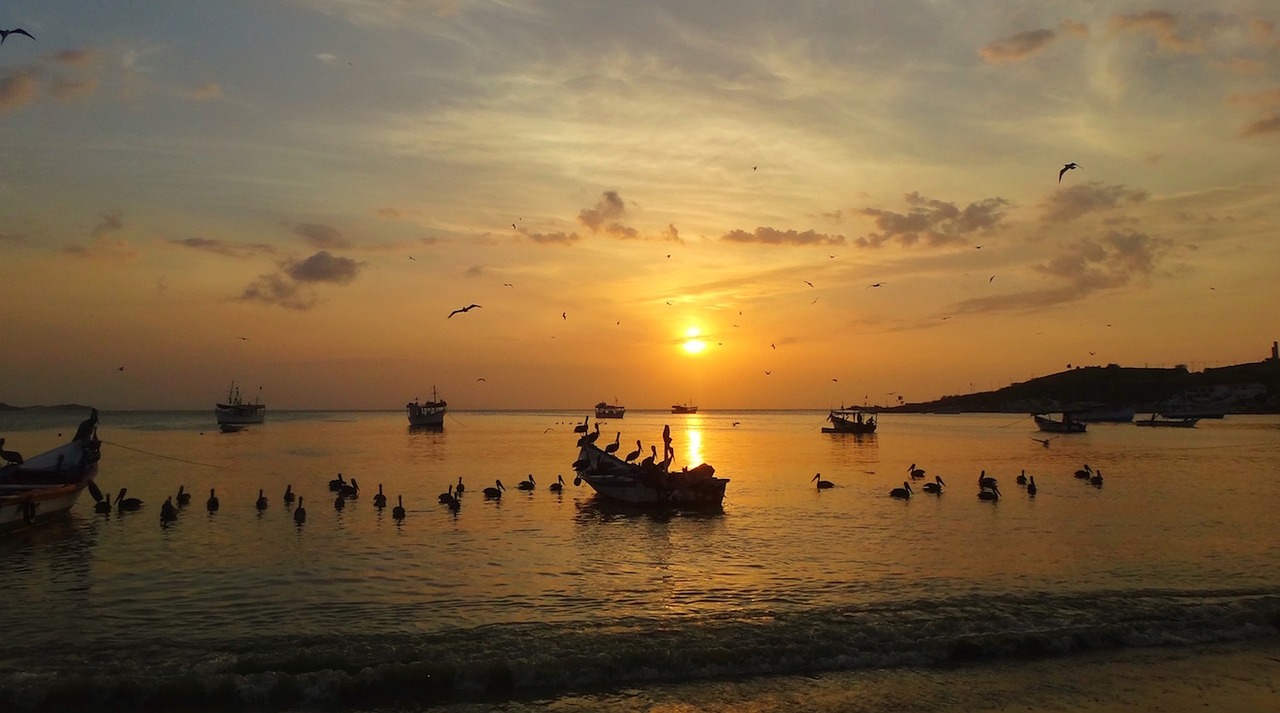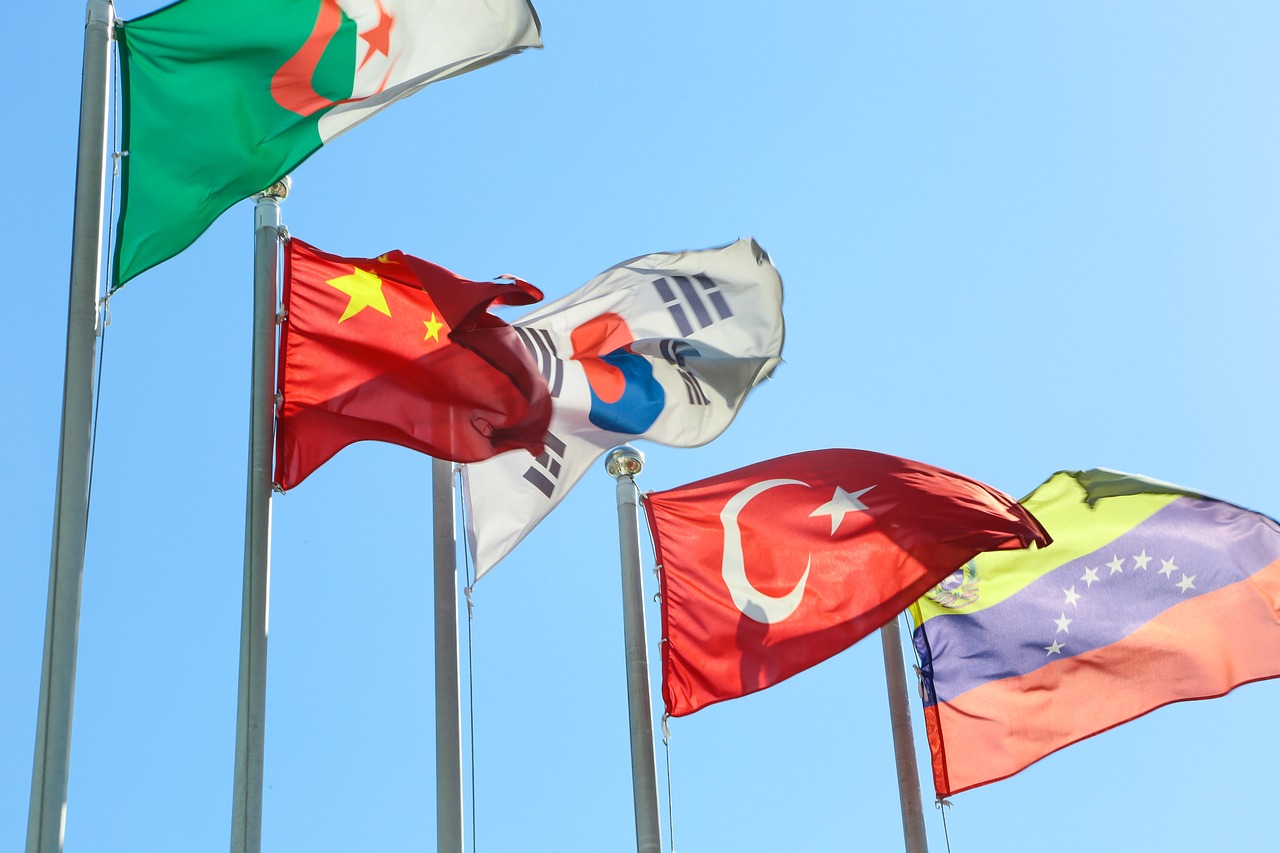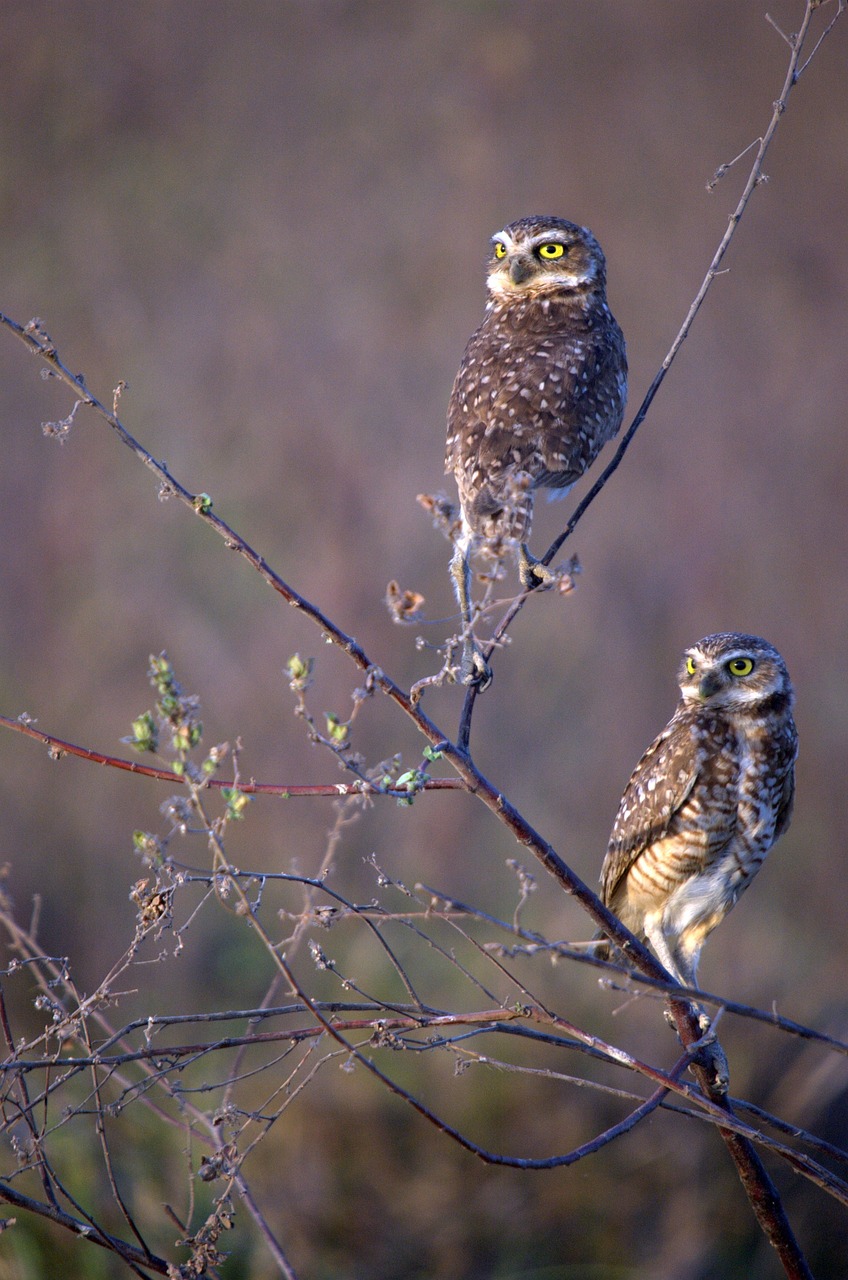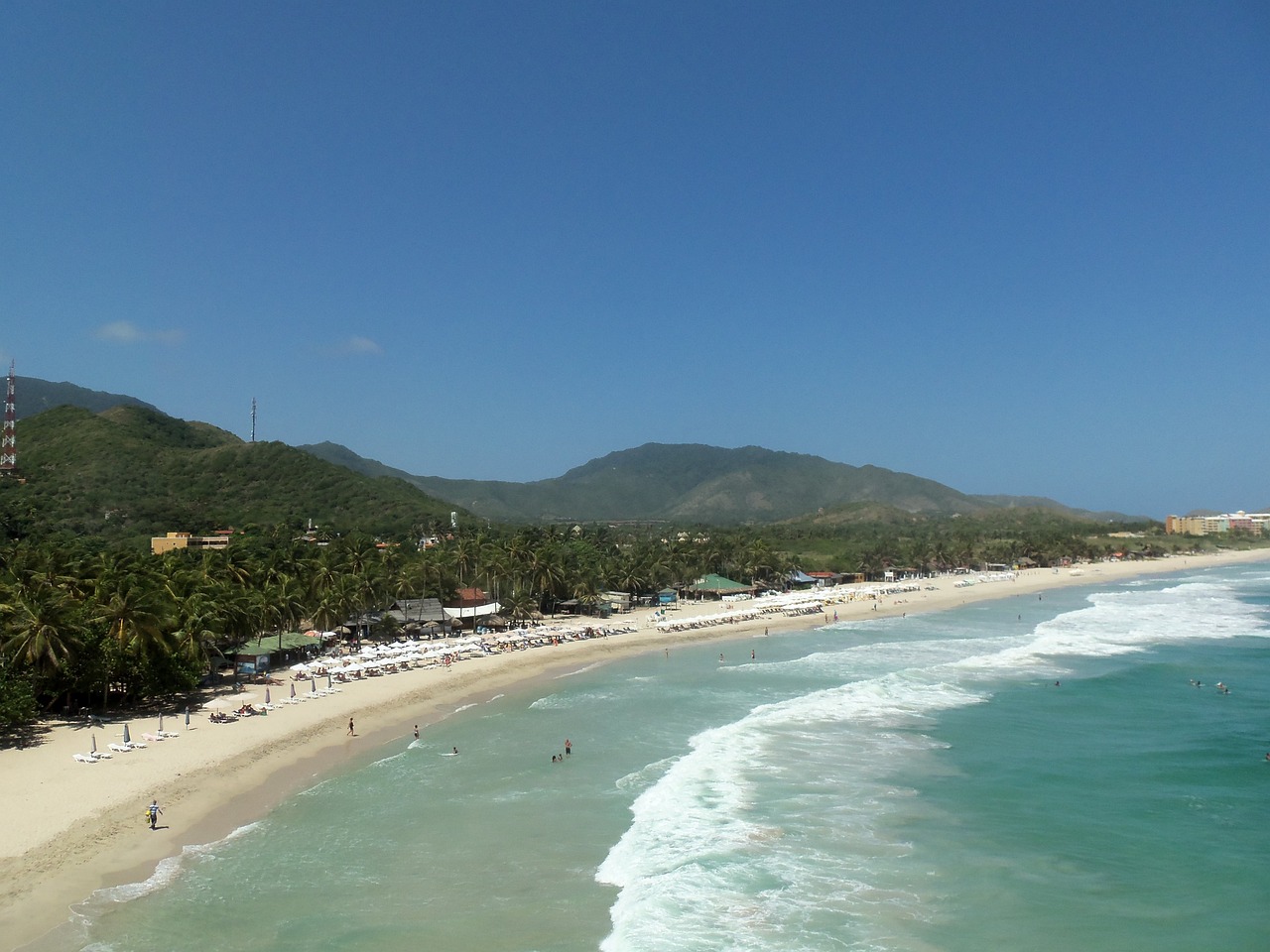Venezuela Video
Venezuela Image 1:

Venezuela Image 2:

Venezuela Image 3:

Celebrating Global Festivals with Locals in Venezuela
Venezuela is a vibrant and diverse country that offers a rich cultural experience to visitors. One of the best ways to immerse yourself in the local culture is by celebrating global festivals with the locals. In Venezuela, there are numerous festivals throughout the year that showcase the country’s traditions, music, dance, and food. Joining in these festivities allows you to connect with the local community, learn about their customs, and create lasting memories. This article will explore some of the most popular festivals in Venezuela and provide insights on how to celebrate them with the locals.
Carnival
Carnival is one of the most anticipated and widely celebrated festivals in Venezuela. It takes place in February or March, depending on the lunar calendar. The festival is known for its colorful parades, lively music, and elaborate costumes. Locals and visitors alike come together to dance to traditional rhythms such as salsa, merengue, and gaita. The streets are filled with laughter, joy, and an infectious energy that can be felt throughout the country.
- Parades: The highlight of Carnival is the extravagant parades that take place in various cities. Caracas, the capital, hosts one of the most famous parades, featuring elaborately decorated floats, dancers, and musicians.
- Costumes: Dressing up in vibrant costumes is an essential part of the Carnival experience. You can join locals in wearing colorful outfits, masks, and accessories to fully immerse yourself in the festive spirit.
- Music and Dance: Salsa, merengue, and gaita are the dominant musical genres during Carnival. Join the locals in dancing to these rhythms and learn a few steps from experienced dancers.
- Street Parties: Throughout Carnival, the streets come alive with impromptu parties and celebrations. Join the locals in dancing, singing, and enjoying the festive atmosphere.
Venezuela Image 1:

Feria de la Chinita
Feria de la Chinita is a religious festival celebrated in Zulia state, honoring the patron saint of Maracaibo, the Virgen de Chiquinquirá. The festival takes place in November and is one of the largest religious events in Venezuela. It combines religious devotion with lively celebrations, attracting both locals and tourists.
- Pilgrimage: The festival begins with a pilgrimage to the Basilica of Our Lady of Chiquinquirá. Thousands of devotees walk from different parts of the city to pay homage to the patron saint.
- Religious Processions: Colorful processions featuring the image of the Virgin Mary are an integral part of Feria de la Chinita. Locals carry the image through the streets while singing and praying.
- Music and Dancing: Traditional music, including gaita and tamborera, fills the air during the festival. Join the locals in dancing to these rhythms and experience the joyous atmosphere.
- Food and Crafts: The festival also offers a wide variety of local food and traditional crafts. Sample delicious regional dishes and explore the vibrant market stalls.
La Semana Santa
La Semana Santa, or Holy Week, is a significant religious event in Venezuela. It takes place in the week leading up to Easter and involves a series of religious processions and ceremonies. The traditions associated with Semana Santa vary across different regions of the country, but all capture the essence of the religious observance.
- Processions: Throughout Holy Week, solemn processions are held in many cities and towns. Participants dress in traditional religious attire and carry statues depicting scenes from the Passion of Christ.
- Church Services: Attending church services during Semana Santa is a common practice for both locals and visitors. The services offer a reflective and spiritual experience.
- Traditional Foods: Certain traditional foods are associated with Holy Week, such as fish dishes and dulce de lechoza (papaya sweet). Try these culinary delights and experience the flavors of the season.
- Quiet Reflection: Holy Week is a time for introspection and reflection. Take the opportunity to participate in quiet moments of contemplation and appreciate the religious significance of the festivities.
Venezuela Image 2:

Feria de la Candelaria
Feria de la Candelaria, also known as the Feast of the Candles, is a popular festival celebrated in Mérida state. It takes place in February and combines religious traditions with cultural events. The festival is dedicated to the Virgin of Candelaria, the patron saint of Mérida.
- Religious Processions: The festival begins with a solemn procession where the image of the Virgin of Candelaria is carried through the streets. Devotees follow the procession, offering prayers and lighting candles.
- Music and Dance: Traditional music and dance performances are an integral part of Feria de la Candelaria. Enjoy the lively rhythms of joropo and experience the vibrant cultural heritage of the region.
- Art and Handicrafts: The festival showcases the artistic talents of local artisans. Explore the craft stalls and admire the handmade jewelry, pottery, and textiles.
- Gastronomy: Sample the delicious local cuisine, including traditional dishes such as arepas, hallacas, and tizana. The flavors and aromas will tantalize your taste buds.
Fiesta de San Juan
Fiesta de San Juan is a traditional celebration held on June 24th in various coastal towns and islands of Venezuela. The festival combines Catholic traditions with Afro-Caribbean influences, creating a unique and vibrant cultural experience.
- Bonfires and Rituals: On the eve of San Juan’s Day, bonfires are lit on beaches and in public spaces. Locals gather around the bonfires to participate in rituals and ceremonies believed to bring good luck and cleanse the spirit.
- Music and Dancing: Afro-Caribbean rhythms such as calypso, reggae, and steel drum music fill the air during the festival. Join the locals in dancing to these lively beats and let the music move you.
- Food and Drinks: Traditional dishes and drinks associated with the festival include grilled seafood, coconut-based sweets, and rum cocktails. Indulge in these culinary delights and savor the flavors of the Caribbean.
- Water Activities: Many coastal towns organize water-related activities during Fiesta de San Juan. Take part in beach games, swimming competitions, and boat races to fully embrace the festive spirit.
Venezuela Image 3:

Corpus Christi
Corpus Christi is a religious festival celebrated in various cities and towns across Venezuela. It takes place on the ninth Thursday after Easter Sunday and is a time for Catholics to commemorate the presence of the body and blood of Christ in the Eucharist.
- Religious Processions: The main highlight of Corpus Christi is the grand procession, where the Eucharist is carried through the streets. Locals gather to witness the procession and participate in prayers and hymns.
- Street Decorations: Streets and plazas are adorned with colorful carpets made from flower petals, colored sawdust, and other natural materials. These intricate designs create a visually stunning environment.
- Traditional Dances: Folkloric dances, such as the Diablos Danzantes (Dancing Devils), are performed during Corpus Christi. These dances represent the eternal struggle between good and evil and add a unique cultural element to the festival.
- Local Cuisine: Enjoy traditional Venezuelan dishes that are prepared and shared during Corpus Christi. Empanadas, hallacas, and dulce de leche are among the delicacies you can savor.
Los Diablos Danzantes
Los Diablos Danzantes, or the Dancing Devils, is a unique festival celebrated in various regions of Venezuela, including the town of San Francisco de Yare. The festival combines indigenous, African, and Catholic traditions and is recognized as a UNESCO Intangible Cultural Heritage.
- Costumes and Masks: Participants dress as devils, wearing colorful costumes and intricately crafted masks. The masks represent different characters and have symbolic meanings.
- Religious Processions: The festival begins with a procession led by the devils, who dance and perform rituals along the way. The procession culminates in a church where prayers are offered.
- Dance Performances: The devils perform traditional dances known as “paso de los diablos.” These dances are accompanied by rhythmic drumming and chanting, creating a mesmerizing spectacle.
- Protection Rituals: The festival incorporates rituals to ward off evil spirits and bring good fortune. Locals believe that the devils’ dance cleanses the town from negative influences.
Navidad
Navidad, or Christmas, is a joyous and festive season in Venezuela. The celebrations begin in early December and continue until January 6th, known as Epiphany or Three Kings’ Day. Venezuelans embrace both religious traditions and cultural customs during this time.
- Christmas Villages: Many towns and cities set up elaborate Christmas villages, known as “pesebres,” depicting the nativity scene. These displays often include live animals, intricate decorations, and festive lighting.
- Fireworks and Firecrackers: Fireworks and firecrackers light up the sky during the Christmas season. Locals gather in public spaces to watch the colorful displays and celebrate the joy of the season.
- Traditional Music: Aguinaldos, traditional Venezuelan Christmas songs, are sung during the festivities. Join in the singing and experience the warmth and happiness that these melodies bring.
- Food and Drinks: Christmas is a time for indulging in delicious Venezuelan delicacies such as hallacas (similar to tamales), pan de jamón (ham bread), and ponche crema (eggnog-like drink). These culinary delights are shared among family and friends.
References:
– www.gypsywarrior.com
– www.venezuelatuya.com
– www.venezuelanalysis.com
– www.venezuelatraditional.com
– www.venezuelatimes.com


